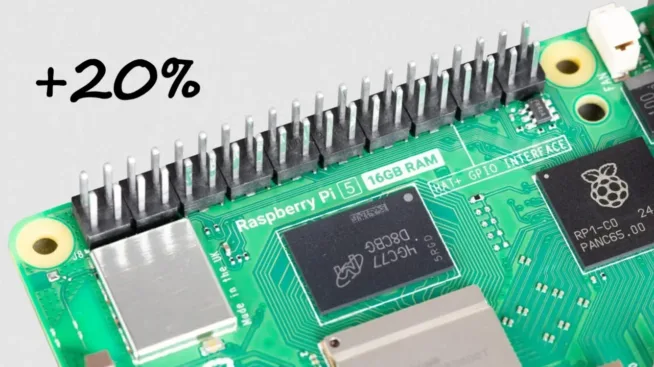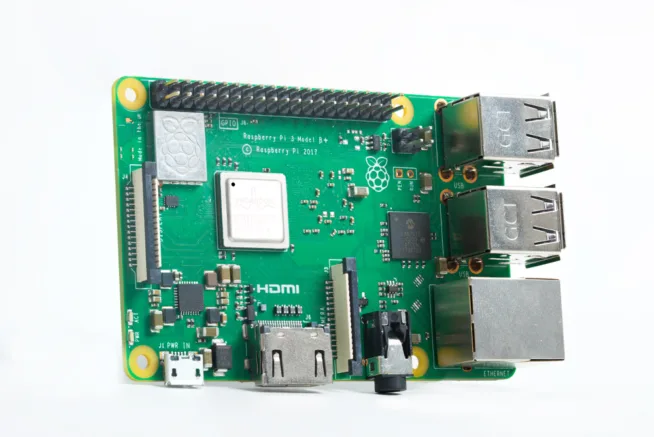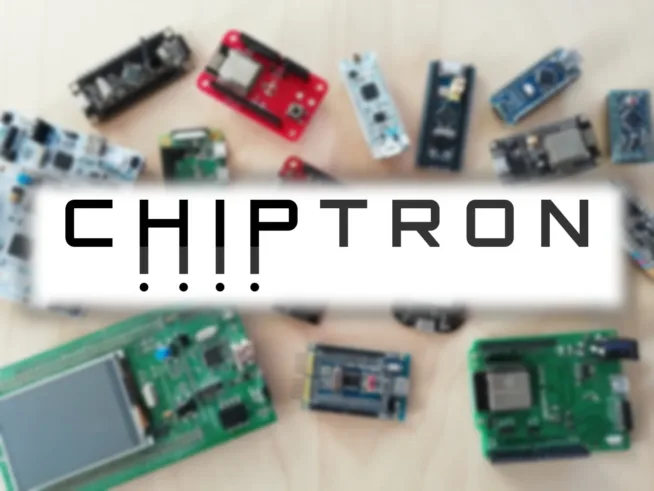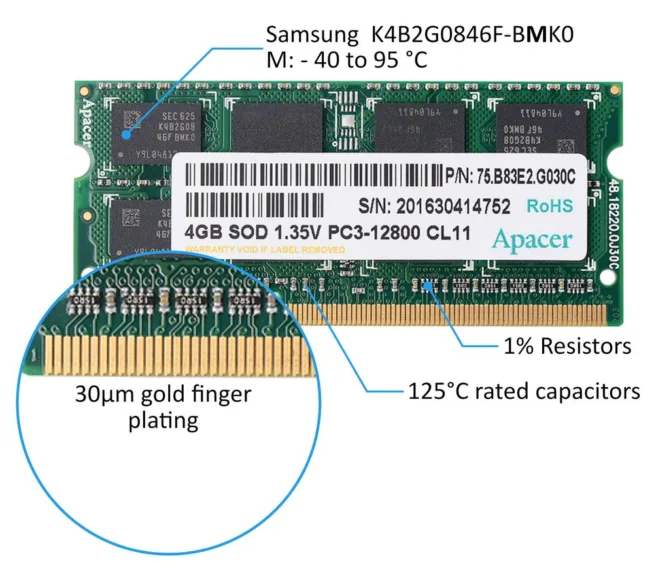Computer Vision is very popular during a few years. You can find 20 projects with OpenCV and Raspberry Pi and sometimes Python on this website. OpenCV is distributed on other linux distribution and then, these projects can be running on e.g. Banana Pi, CubieBoard or other.
You can find projects as Navigation to a target, Programming a Raspberry Pi Robot Using Python and OpenCV, Obstacle detection using OpenCV, Basic motion detection and tracking with Python and OpenCV, Real time Drone object tracking using Python and OpenCV and more
http://www.intorobotics.com/20-hand-picked-raspberry-pi-tutorials-in-computer-vision/






